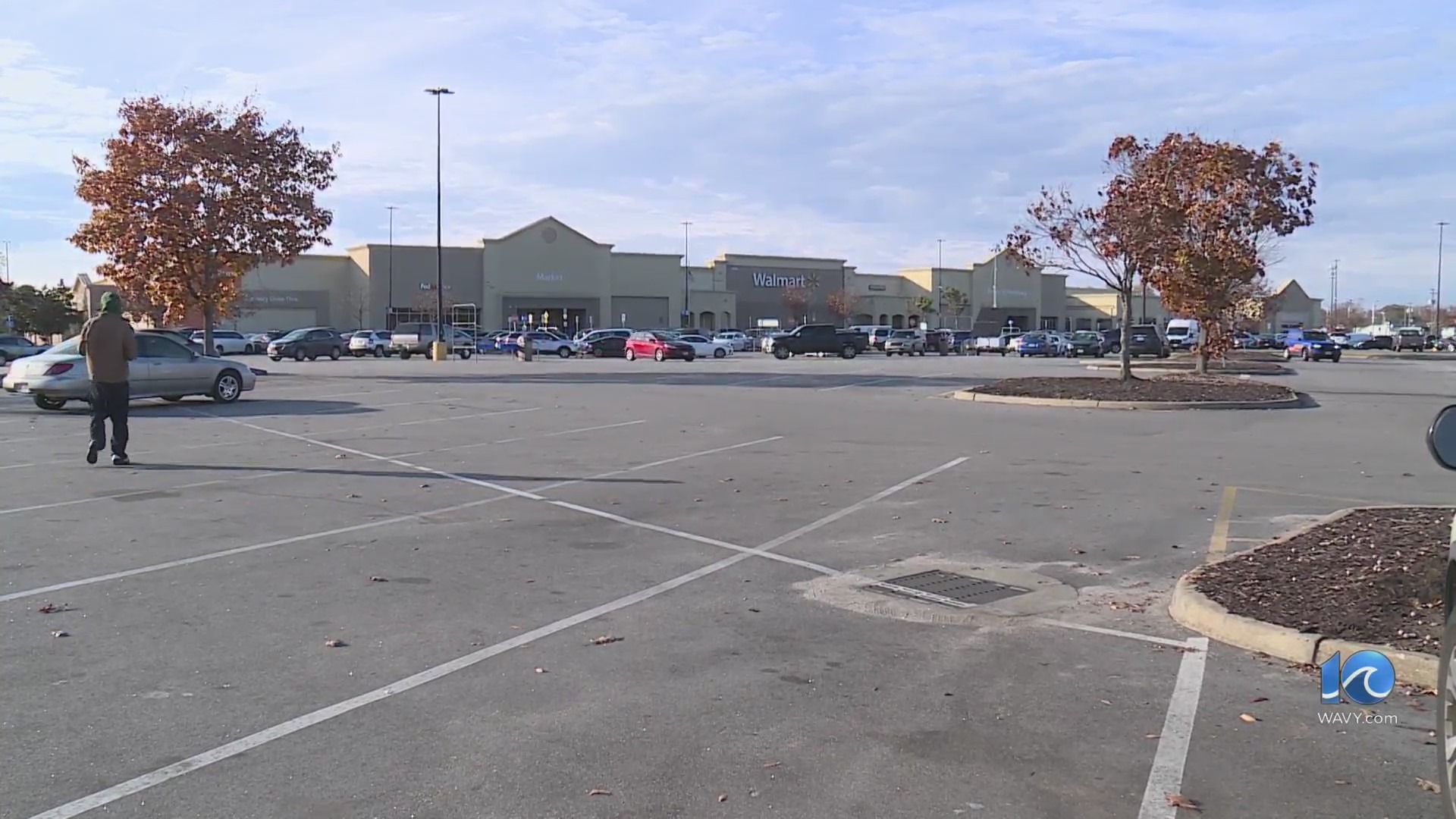The Israeli military struck a building in Beirut’s southern suburbs early Tuesday, killing at least four people, in an attack it said targeted a member of the Hezbollah militant group.
The airstrike came just days after Israel launched its first attack on the Lebanese capital since a ceasefire ended fighting between Israeli forces and Hezbollah in November. At least seven other people were wounded in Tuesday’s strike, according to the Lebanese Health Ministry.
Palestinians in the Gaza Strip, meanwhile, report finding it harder to find food amid bakery closures. Israel says enough food entered Gaza during a six-week ceasefire with Hamas to sustain the territory’s roughly 2 million Palestinians for “a long period of time.” Israel has not allowed food, fuel or humanitarian aid to enter Gaza for a month to pressure Hamas — a tactic that rights groups say is a war crime.
___
Here’s the latest:
UN distributes food aid to Palestinians as Israeli blockade persists
Dozens or Palestinians lined up outside a United Nations warehouse in northern Gaza on Tuesday to receive food parcels from the agency’s rapidly dwindling supplies, as Israel has imposed a total blockade on Gaza for the past month.
Nageya Gaballah, a displaced woman living in a tent with 10 family members, said she wouldn’t be able to secure essentials if it weren’t for aid and vouchers distributed by UNRWA, the U.N. agency for Palestinian refugees. She lost her job as a cleaning staffer at the Indonesian Hospital in northern Gaza last month and her husband is unemployed.
At the warehouse in Jabaliya, UNRWA distributed flour bags and food parcels with cooking oil, canned tuna, beans, hummus, salt, sugar and yeast.
Mohamed Ghabn, who is also unemployed, said securing food has become extremely difficult, as he cannot afford to buy it from markets when it’s available, and World Food Program-supported bakeries have shut down. He said a bag of pita bread costs 30 shekels ($8) and a kilogram of tomatoes is priced at 15 shekels ($4).
“We are unemployed and don’t have jobs. We’re just sitting there, and we don’t have shelter or anything … simply speaking, I can’t feed my children,” he said.
Palestinian journalist, his wife and kids killed by Israeli strike in Gaza
Mohamed Salah Bardawil was a journalist with the Hamas-affiliated Aqsa Radio. He was the nephew of Salah Bardawil, a well-known member of Hamas’ political bureau who Israel killed last month in a strike that also killed his wife.
The Israeli military did not immediately comment on the strike, which hit the journalist’s home early Tuesday in the southern Gaza city of Khan Younis and killed his wife, two daughters and son.
Associated Press footage showed the building completely collapsed, with dried blood splatted on the grey rubble. Nearby, a child’s school notebook, dust-covered dolls and clothing lay half-buried in the ruins.
Fathi Nushasi, a Khan Younis resident who lives nearby, said the airstrike felt like an earthquake.
“I’ve witnessed many wars, but I have never seen anything like what happened to us. The rubble entered our bedroom,” he said.
Dozens of people gathered at Nasser Hospital for funeral prayers, with one man crying in anguish, “Those were children sleeping!” A press vest was placed over Bardawil’s body bag.
Israel has killed over 170 journalists and media workers since the war with Hamas began in October 2023, the Committee to Protect Journalists estimated as of March 24. Most recently, prominent Al Jazeera journalist Hossam Shabat was killed by a strike on his car.
Israel says Palestinians have enough food for ‘a long period of time’
Israel says enough food entered the Gaza Strip during its six-week ceasefire with Hamas to sustain the territory’s roughly 2 million Palestinians for “a long period of time.”
U.N. agencies have warned that food is running out, and Palestinians in Gaza say markets are largely empty after Israel cut off the supply of food, fuel and humanitarian aid to the territory at the beginning of March to pressure Hamas.
COGAT, the Israeli military body in charge of civilian affairs in the Palestinian territories, said Tuesday that more than 25,000 trucks entered Gaza during the ceasefire, carrying nearly 450,000 tons of aid. It said that amount represented around a third of what has entered during the entire war.
“There is enough food for a long period of time, if Hamas lets the civilians have it,” it said.
Palestinian father tells of children going to bed without dinner
Palestinians in the Gaza Strip say it’s even harder to find food as bakeries close due to a tightened Israeli blockade of the territory.
The World Food Program was forced to close another 19 bakeries that had served hundreds of thousands of people because its supplies are dwindling, according to an internal memo circulated among aid groups on Monday.
Mohammed al-Kurd, a father of 12, said his children go to bed without dinner.
“We tell them to be patient and that we will bring flour in the morning,” he said. “We lie to them and to ourselves.” Sulaiman Hasanat, a father of seven, said his family often spends an entire day searching for bread without any luck.
Israel cut off the supply of food, fuel, medicine and humanitarian aid to Gaza’s roughly 2 million Palestinians in early March to pressure Hamas into accepting changes to their ceasefire agreement. Israel resumed airstrikes and ground operations later that month.
WFP closing all bakeries in Gaza
The World Food Program says it’s immediately closing all of its bakeries in Gaza following a monthlong blockade by Israel into the strip.
In an internal memo circulated among aid groups Monday, the U.N. agency said that due to the lack of humanitarian aid, its supplies are running out and it doesn’t have enough wheat flour needed to make bread.
The agency said it’s distributed all available food rations, and there are unfortunately no more stocks.
For four weeks, Israel has shut off all sources of food, fuel, medicine and other supplies for the Gaza Strip’s population of more than 2 million Palestinians. It’s the longest blockade yet of the 17-month war with Hamas, with no sign of it ending.
Aid workers have stretched supplies, but warn of a catastrophic surge in severe hunger and malnutrition.
Netanyahu withdraws his pick to lead internal security agency
Israeli Prime Minister Benjamin Netanyahu has withdrawn his nomination of a former navy commander to lead the country’s internal security agency after a flurry of criticism.
Netanyahu’s office said in a statement early Tuesday after meeting with Vice Adm. Eli Sharvit that he “intends to examine other candidates,” without elaborating.
The nomination announced on Monday had provoked widespread criticism from allies and opponents.
Critics of Netanyahu are already up in arms over his move to fire Ronen Bar, the current head of the Shin Bet domestic security agency, viewing it as part of a broader assault on state institutions at a time when Netanyahu is on trial for alleged corruption and his aides are being investigated over links to the Gulf Arab nation of Qatar.
Israel’s Supreme Court froze Bar’s dismissal pending further hearings but cleared the way for Netanyahu to interview candidates for the job.
The nomination of Sharvit angered some of Netanyahu’s allies after Israeli media reported that he had taken part in protests against Netanyahu’s plans to overhaul the judiciary in 2023.
The move also brought an unexpected rebuke from Sen. Lindsey Graham, a top ally of President Donald Trump, who tweeted an excerpt of an op-ed Sharvit had written for an Israeli technology news website in January 2024 criticizing Trump’s climate policies.
Graham called the nomination “beyond problematic.”
Israeli military says it intercepted a projectile fired from Gaza
The Israeli military says it intercepted a projectile fired from the Gaza Strip early Tuesday that set off sirens in nearby communities.
Palestinian militants have fired a small number of rockets, without causing any casualties or damage, since Israel ended its ceasefire with Hamas last month.
Israel has launched waves of airstrikes and limited ground operations, killing hundreds of Palestinians.
Hamas ignited the war with its Oct. 7, 2023, attack into Israel, in which militants killed some 1,200 people, mostly civilians, and abducted 251, most of whom have since been released in ceasefires or other deals. Hamas is still holding 59 hostages, 24 of whom are believed to be alive.
Israel’s offensive has killed over 50,000 Palestinians, according to Gaza’s Health Ministry, which does not say how many were combatants or civilians.




